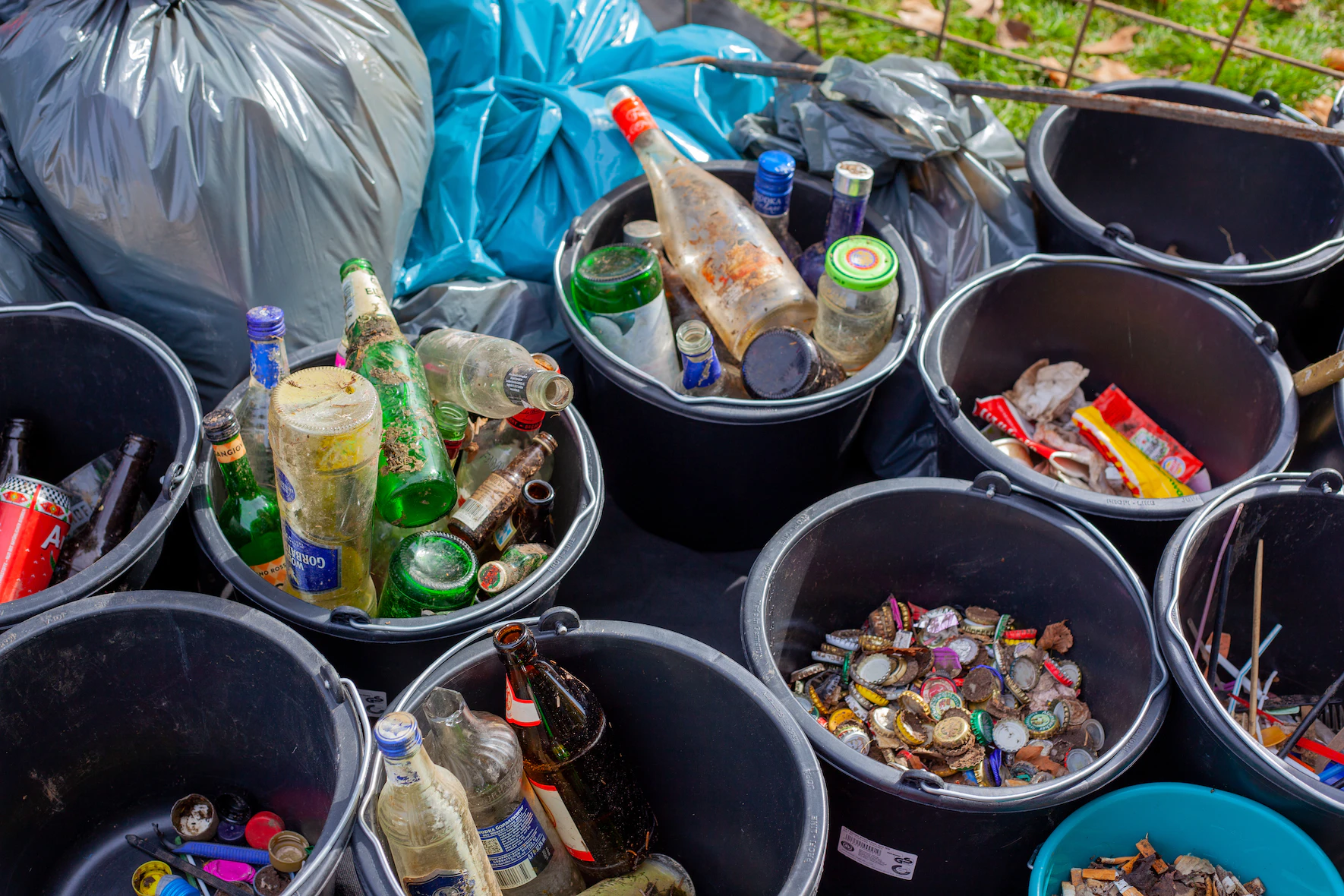Free Shipping Over $95

How to Recycle Properly and Avoid Waste
Recycling is one of the most important things we can do to reduce our environmental impact and help protect our planet. However, it is important to do it right to maximize its impact. In this blog post, we provide practical tips on recycle properly and avoid waste in your home.

Know your local recycling rules: Each community may have specific rules about what materials can be recycled and how they must be separated. Check your community’s or waste hauler’s website for local recycling rules. This will help you avoid common mistakes and maximize your recycling efforts.
Separate materials properly: Proper sorting of recyclable materials is essential. Learn to separate plastics, metals, glass, and paper, and be sure to remove any contaminants such as food or liquid waste. Use clearly labeled recycling containers or bags to make it easier to separate and transport recyclable materials.
Understand recycling symbols: Familiarize yourself with common recycling symbols, such as the triangle with arrows on plastic containers. These symbols indicate the type of plastic and can help you determine whether an item is recyclable. Remember, however, that the presence of these symbols does not guarantee that items are recyclable in your area, so it is important to check local regulations.
Reduce and reuse before recycling: Before recycling, consider reducing consumption and reusing products. Choose durable, high-quality products and avoid single-use products whenever possible. Reuse containers, jars, and bags to store or carry your food and beverages. This will reduce the amount of waste generated and the need for recycling.
Explore other recycling options: In addition to traditional recycling, find out about other recycling options in your community. Some areas have recycling programs for specific materials, such as batteries, electronics, medications, or clothing. Look for special collection points and take advantage of these opportunities to responsibly dispose of products that cannot be recycled in regular trash cans.
Educate your community: Share your knowledge of proper recycling with friends, family and neighbors. Promote the importance of recycling and reducing waste in your everyday conversations. Encourage them to join your efforts and provide them with information about recycling options in their area.


